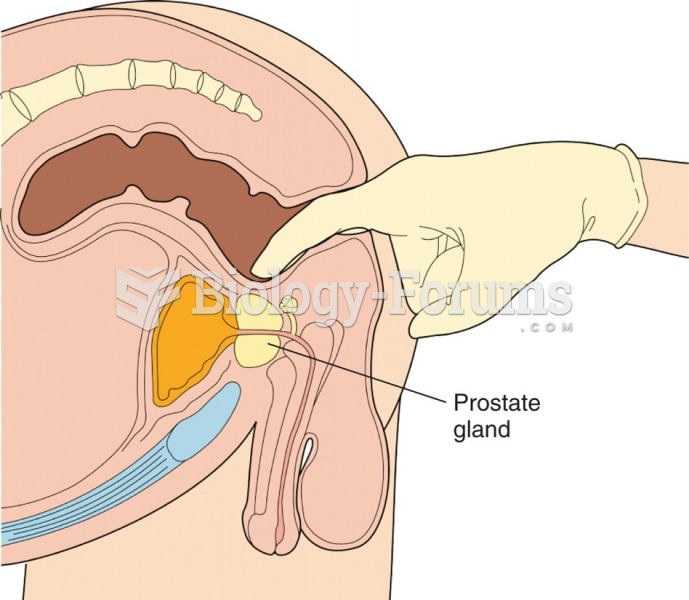|
|
|
The term pharmacology is derived from the Greek words pharmakon("claim, medicine, poison, or remedy") and logos ("study").
Though “Krazy Glue” or “Super Glue” has the ability to seal small wounds, it is not recommended for this purpose since it contains many substances that should not enter the body through the skin, and may be harmful.
Acetaminophen (Tylenol) in overdose can seriously damage the liver. It should never be taken by people who use alcohol heavily; it can result in severe liver damage and even a condition requiring a liver transplant.
Medication errors are three times higher among children and infants than with adults.
Pregnant women usually experience a heightened sense of smell beginning late in the first trimester. Some experts call this the body's way of protecting a pregnant woman from foods that are unsafe for the fetus.
 Lilly Martin Spencer’s Young Husband: First Marketing (1854). Note that passers-by are amused at thi
Lilly Martin Spencer’s Young Husband: First Marketing (1854). Note that passers-by are amused at thi
 Measuring the resistance of an HEI pickup coil using a digital multimeter set to the ohms position. ...
Measuring the resistance of an HEI pickup coil using a digital multimeter set to the ohms position. ...





